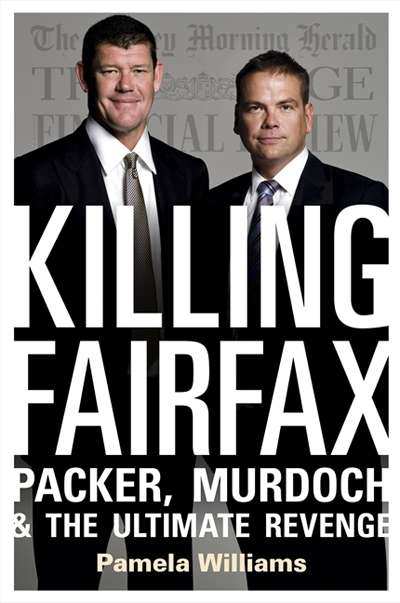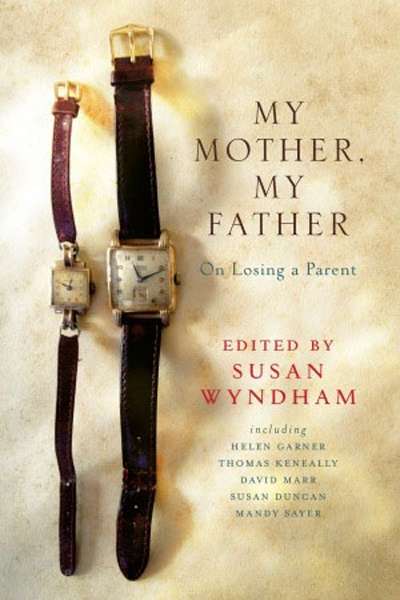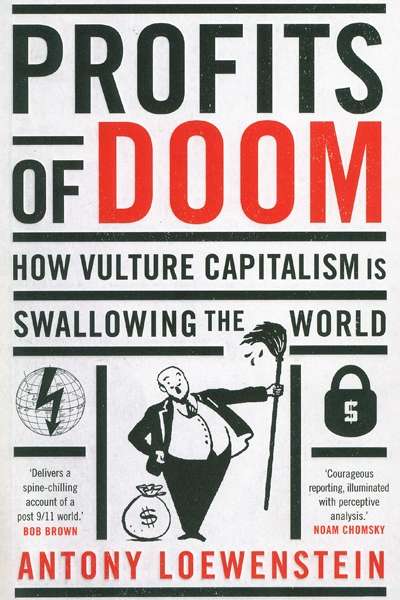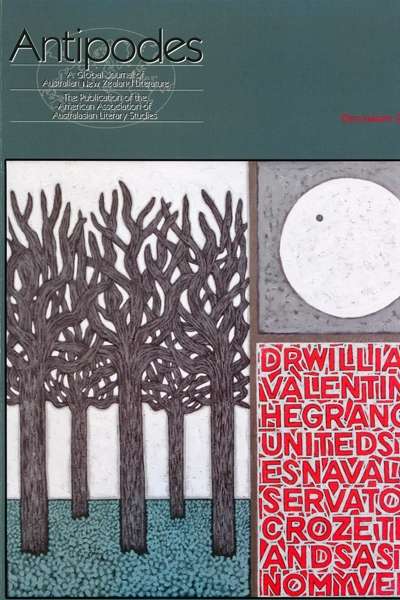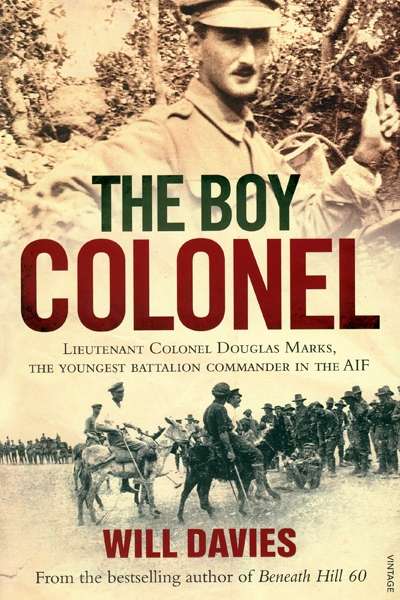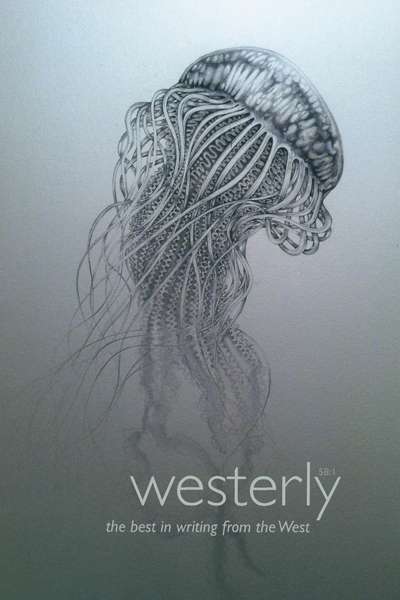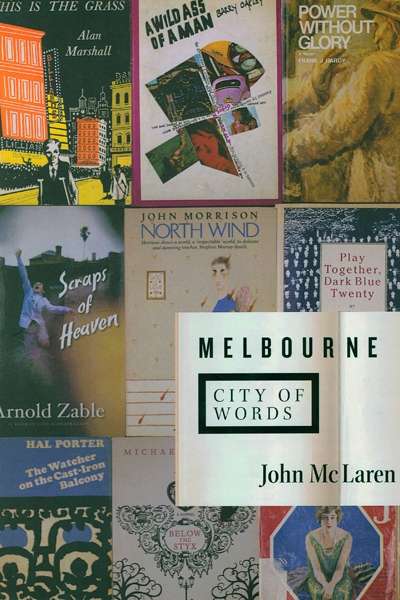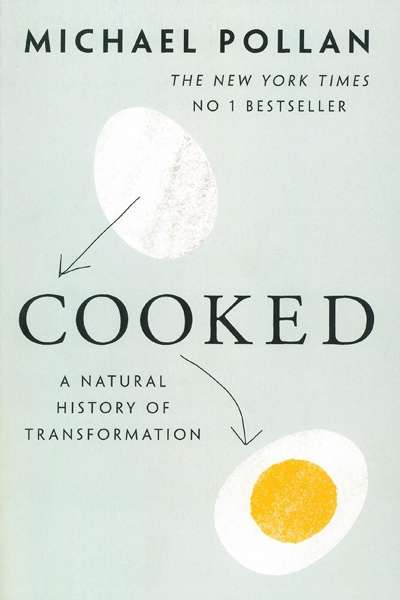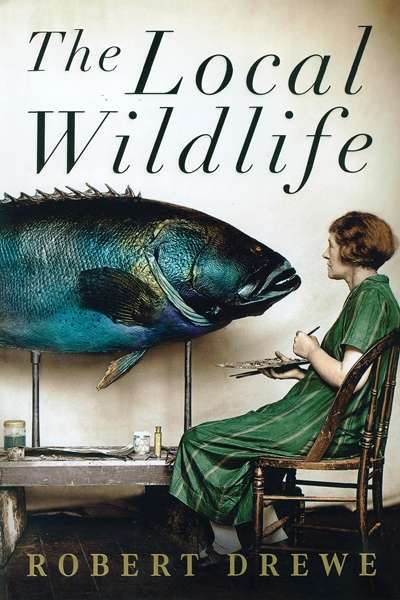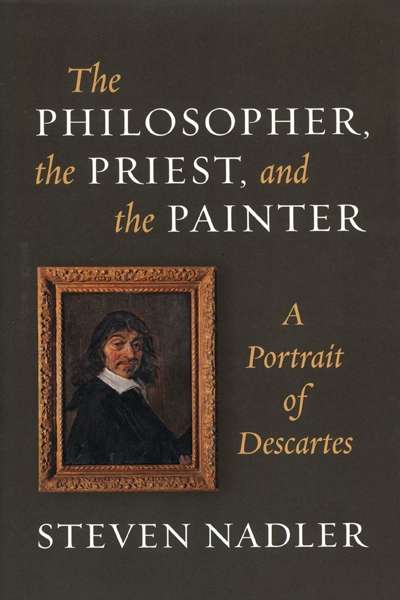Non Fiction
Killing Fairfax by Pamela Williams & Rupert Murdoch by David McKnight
With James Packer and Lachlan Murdoch grinning smugly on its cover, Killing Fairfax: Packer, Murdoch and the Ultimate Revenge projects a strong message that they are indeed the company’s smiling assassins. Pamela Williams mounts a case that these scions of Australia’s traditional media families ...
... (read more)In A Heartbreaking Work of Staggering Genius (2000), novelist Dave Eggers recounts the horror of losing both his parents within one year, leaving him and his sister as sole carers of their young brother. Eggers recalls the intense pain of being orphaned at the age of twenty-one, but also the frustration and acute resentment at having to grow up too fast ...
... (read more)One of the literary legacies of the financial crisis is a type of travel writing focused on the local social, economic, and environmental effects of unfettered global capitalism. There are two types of such books. Michael Lewis is perhaps the best known and most widely read author of the first kind ...
... (read more)No matter what the state of local publishing of Australian literature and criticism, twice a year the loyal members of AAALS continue to produce the readable and enlightening Antipodes. The June 2013 issue includes some splendid poetry by Tom Shapcott, Jan Owen, and Ali Alizadeh, and several less well-known names, and a mix of stories that move beyond fiction in Jeremy Fisher’s memoir of his father’s war experience and Graeme Kinross-Smith recalling his work teaching creative writing. Lucy Neave and John Kinsella contribute engaging, if more conventional, fiction.
... (read more)The Boy Colonel: Lieutenant Colonel Douglas Marks, the Youngest Battalion Commander in the AIF by Will Davies
So many Australian scholars and writers stand tall alongside C.E.W. Bean that you have to wonder: is there much more that can be said about World War I? Well, no. And yes. Almost one hundred years on, writers such as battlefield historian Will Davies continue to seek illumination through unfamiliar characters and fresh angles. Such is his intention in his latest book, The Boy Colonel ...
Westerly 58:1 edited by Delys Bird and Tony Hughes-d’Aeth
Westerly’s descriptive subtitle (‘the best in writing from the West’) is a modest claim given its national and international reach. A feast of poetry includes offerings by familiar locals like Kevin Gillam, Andrew Lansdown, and Shane McCauley alongside poets such as Kevin Hart and Knute Skinner. There are translations of Xi’an poet, Allen Zhu Jian, by Liang Yujing; and from Russian, by Peter Porter, of poems by Eugene Dubnov. The fiction includes work by Nepali writer Smriti Ravindra, and by Shokoofeh Azar, translated by Persian–English translator Rebecca Stengal, based in France. Hardly surprising, then, that the volume resonates with a sense of diversity and literary substance.
... (read more)To judge by John McLaren’s thought-provoking survey of 200 years of writing about Melbourne, the city’s most insidious negative feature for many observers – wrong-headed though they may be – is dullness. In George Johnston’s My Brother Jack (1964), the narrator David Meredith rails against the suburbs as ‘worse than slums. They betrayed nothing of anger or revolt or resentment; they lacked the grim adventure of true poverty; they had no suffering, because they had mortgaged this right to secure a sad acceptance of suburban respectability that ranked them a step or two higher than the true, dangerous slums of Fitzroy or Collingwood.’ In affluent suburbs like Malvern, Graham McInnes in The Road to Gundagai, a memoir first published in 1965, saw ‘immense deserts of brick and terracotta, or wood and galvanised iron [that] induce a sense of overpowering dullness, a stupefying sameness, a worthy, plodding, pedestrian middle-class, low church conformity’.
... (read more)If Michael Pollan were a terminal illness, I’d be in the fourth stage of grieving. He has had a brilliant and successful run until now, producing seven books in just over twenty years, taking up a university teaching position (yes, food-related), writing long articles, mostly for the New York Times, and all the while cooking and thinking his way to self-fulfilment.
... (read more)Pre-teen and early teen years had me and many others enjoying Ross Campbell’s witty column in the Sunday Telegraph newspaper about the goings-on in ‘Oxalis Cottage’, a fictionalised version of his Sydney home. Robert Drewe’s often hilarious columns for The Age and The Weekend West are a kind of modern equivalent, and a selection of them is brought together to form The Local Wildlife.
... (read more)The Philosopher, the Priest, and the Painter: A Portrait of Descartes by Steven Nadler
In this short and accessible book, Steven Nadler, an accomplished historian of seventeenth-century philosophy, turns his attention to René Descartes (1596–1650) and his cultural milieu in Holland in the 1630s and 1640s. His angle of approach is to take the familiar portrait of Descartes, attributed to Frans Hals – versions of which grace the covers of the vast majority of textbook editions of Descartes’s works – and to illuminate the three intersecting lives to which it bears tribute.
... (read more)

